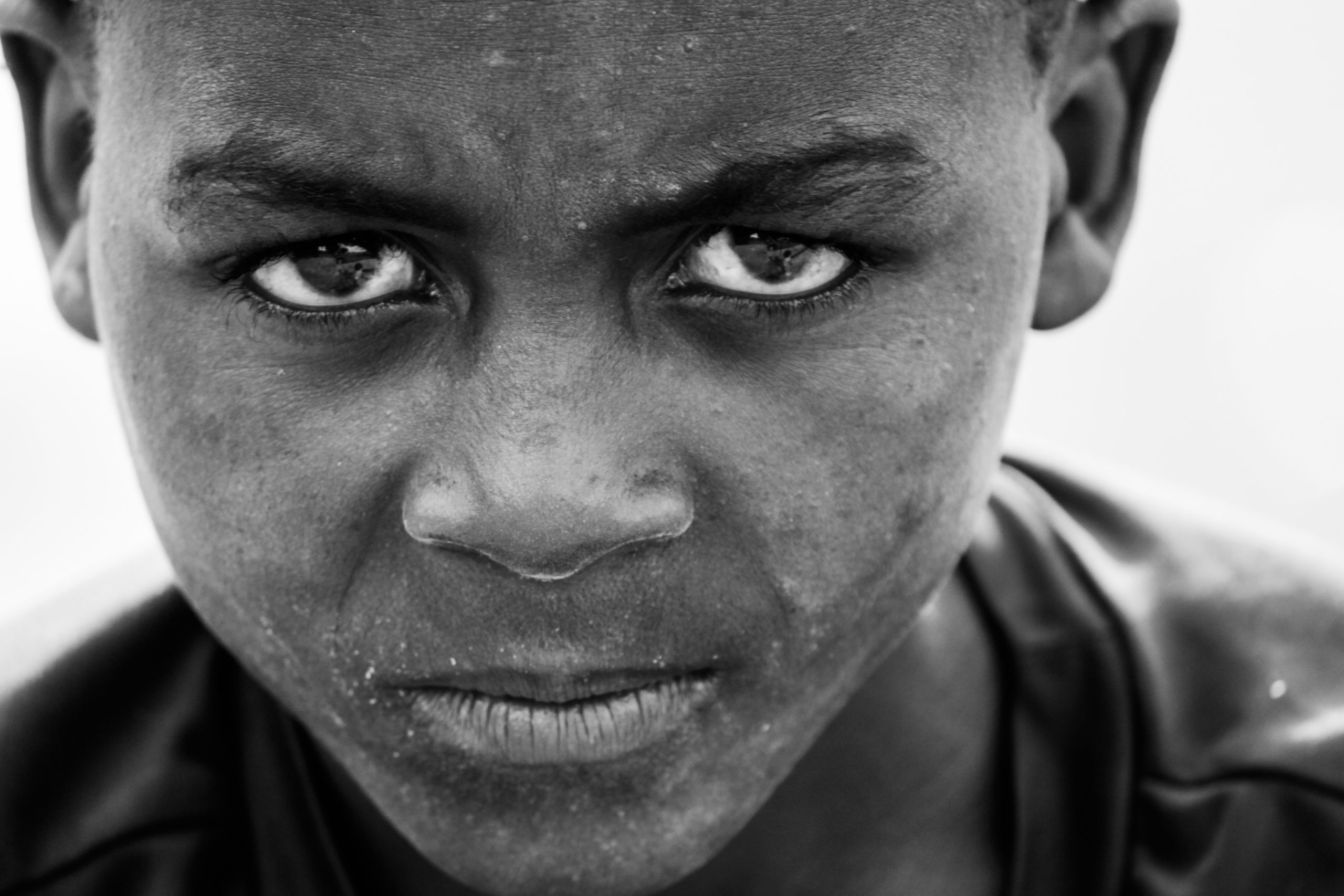Ways You Can Help
The Ethical Toy Programme, a committed opponent of child labour, recommends four essential steps for businesses to join forces with the ILO and their partners:
- Supply Chain Mapping and Initial Risk Assessment
Responsible sourcing in supply chains is vital to your business. This is a critical first step to drive transparency, so you know who your suppliers are and where your products come from. Identify the risk levels of each source country via available resources such as the Global Slavery Index or the Child Labor Index.
- Monitor and manage risks
According to the level of risk measured, allocate them under different levels of monitoring programs. Suppliers from high-risk countries should go through a full monitoring program, comprehensive assessments combined with on-site audits or visits. For countries that are lower risk, remote assessment would help to recognize if a business partner has an effective management system to protect the human rights of all personnel with their influence and control.
- Manage non-compliances
Identify sustainability issues that are zero tolerance, critical, major, or minor to your company; adopt responsible sourcing standards or a robust audit checklist that has risk criticality grading for you to understand the severity of issues. Take immediate action to address zero tolerances such as bribery, child labour, or forced labour. Ensure all violations are provided with remedies and corrective action plans. Follow up to ensure issues are rectified within a given timeframe and prevent non-compliances from recurring.
- Engagement and capability building
Education is the key to success; share your responsible sourcing strategy, objectives and the reasons why it is important internally, and with your business partners. For example, engage the buying teams and suppliers to increase awareness and understanding of child labour risks in your supply chain, and educate them on related legislation around the world, and the positive impacts that supporting eradication efforts would bring to your business and the communities where you operate.
Clearly there is a long way to go in solving this problem. In a report published in June 2021, the U.N. anticipated that another nine million children will become child labourers by the end of 2022 – and inevitably, much of the growth in child labour is in expanding industries. As the report concluded: ”The reality is that child labour is in many of today’s finished goods and produce, and not just in the well-known areas of cocoa production and agriculture. It’s a gut-wrenching problem in the cobalt mines, the critical raw material in the lithium-ion batteries that power all of our smartphones, laptops and electric vehicles, where exponential growth is perpetuating misery.”
But the report did note signs of hope, pointing out that investors such as BlackRock, the world’s largest investment management firm, are beginning to compel companies to track and report their corporate social responsibility efforts and impact, and that led by Germany, regulators around the world are introducing legislation that will make companies responsible for human rights abuses in their supply chains. But more important, companies now have technologies for tracking materials and monitoring suppliers across their entire complex, multi-geography supply chains.
SEE ALSO: Good Law vs UK Government on Net Zero



